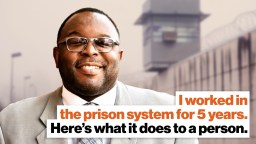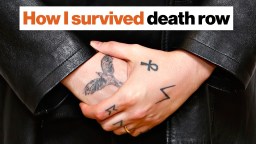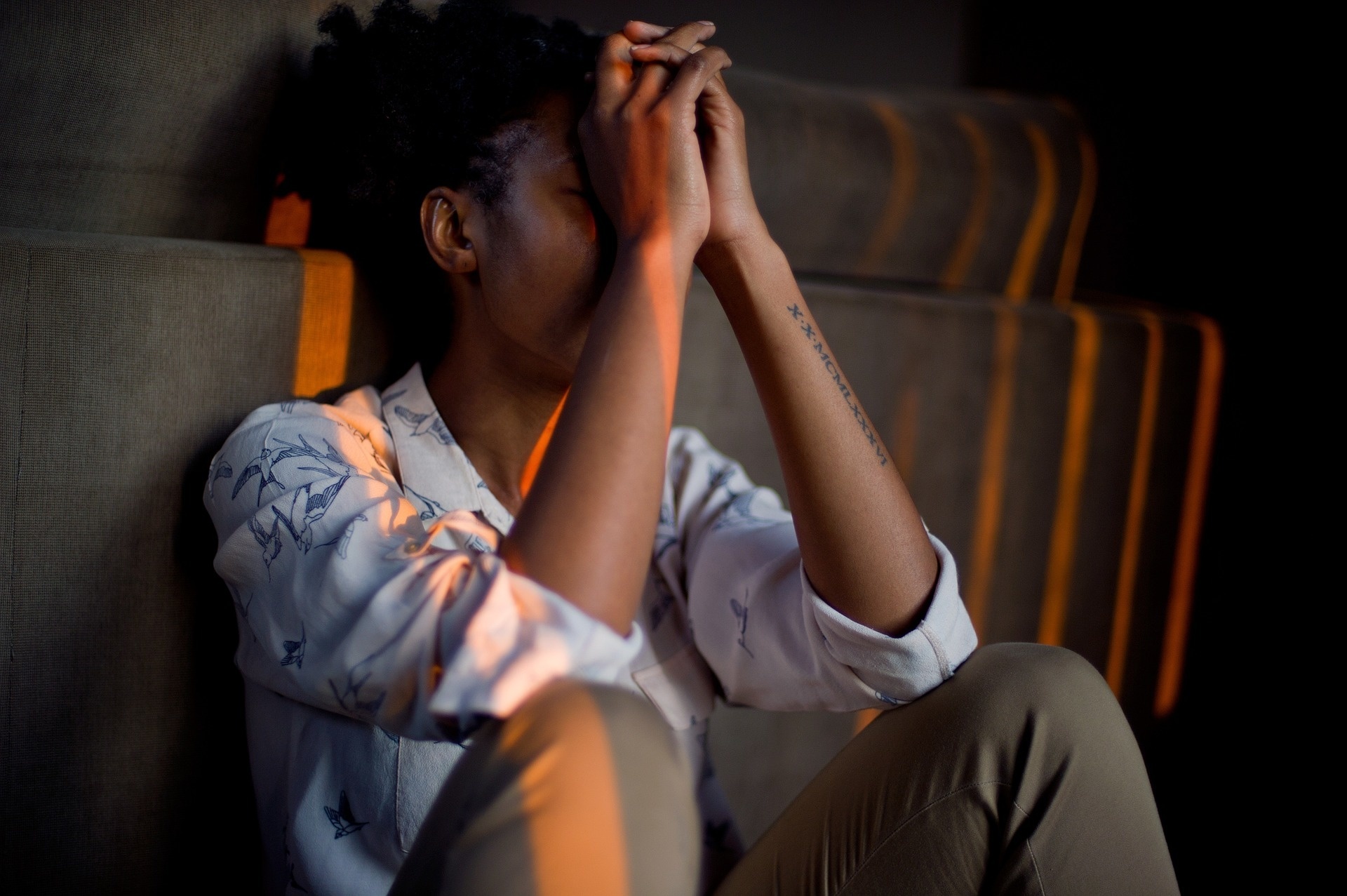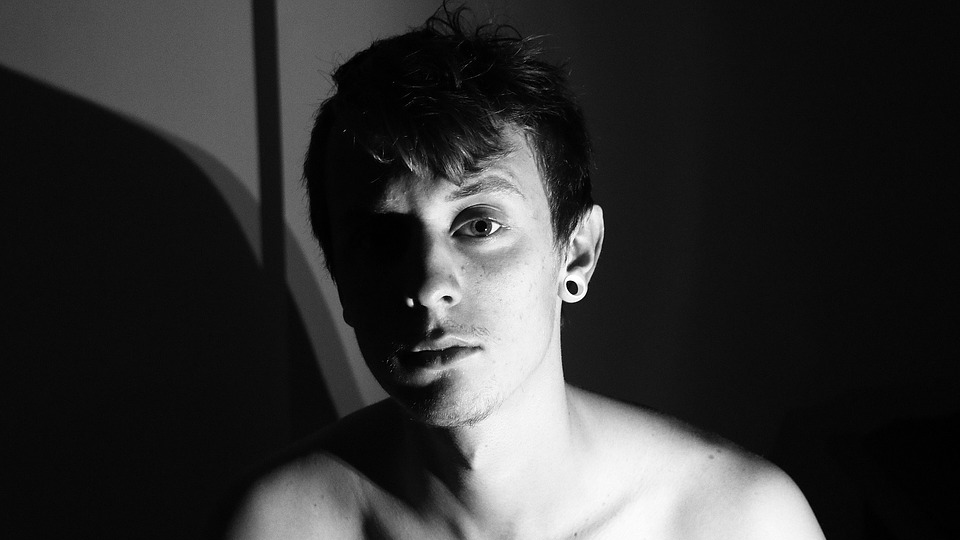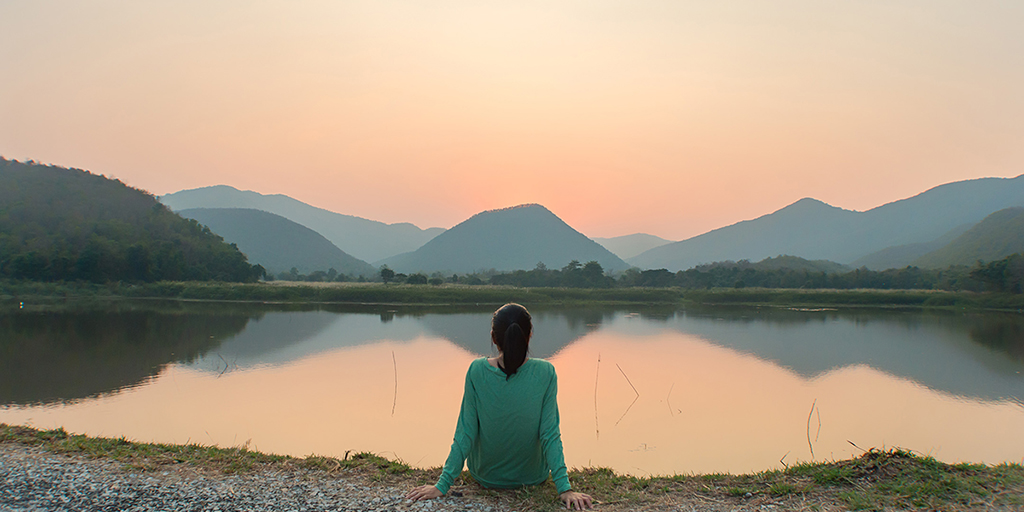mental health
It’s not just a case of “what doesn’t kill you makes you stronger.”
Bishop Jahwar saw first-hand that prison often doesn’t work as intended.
▸
4 min
—
with
Is the appendix a useless organ, an immune system benefactor, a Parkinson’s disease instigator, or all of the above?
Pleasure is not just about experiencing an enjoyable moment. It also involves anticipation – a connection between one’s present and future selves.
They’re at a higher risk for depression, weekend binge drinking, and unnecessary dieting.
In a study that might enable earlier diagnosis, neuroscientists find abnormal brain connections that can predict onset of psychotic episodes.
More research is needed into people who experience “high functioning after depression.”
Culture determines how mental illness or aberrant mental behavior is viewed and dealt with.
Beyond trigger warnings and safe spaces lies an entire population that espouses victimhood in all walks of life.
▸
8 min
—
with
Did you know? Looped music has been used a means of torture.
Meditation with a mystical edge? Don’t knock magick ’til you’ve tried it.
▸
12 min
—
with
Is microdosing magic truffles a way to unlock your creative potential? That’s long been anecdotal, but the evidence is coming.
A joint study from U.S. and U.K. universities shows promising results in reducing the rate of cognitive decline.
Drinking home alone in your underwear just might be what you need to be as relaxed as the Finnish.
New research published in Proceedings of the National Academy of Sciences used survey data from 2 million Americans to examine the links between climate change and mental health issues.
Traveling to Mars is going to be hard. Not going completely bonkers when we’re there may be even harder.
The surprisingly simple treatment could prove promising for doctors and patients seeking to treat depression without medication.
What can parents and friends of trans people do to help them beat the dismal mental health and suicide statistics? A lot, says Elijah Nealy.
▸
10 min
—
with
His guiding spirit Thomas helped the author make better financial decisions and take care of his health.
When a ‘Rick and Morty’ fan recently tweeted at Dan Harmon asking how to deal with depression, it didn’t take him long to reply.
Could vegetarianism actually lead to a lower quality of life?
For teens, finding help alone can prove all but impossible. But is mental health skewed towards the white, young, and affluent? The need for a simple method to help these teens is clear, and urgent.
The big, unknowable questions in life are seductive, but without small, trivial questions as insulation, those large mysteries can consume us.
▸
6 min
—
with
A supervised learning algorithm can predict clinical depression much earlier and more accurately than trained health professionals.
Though the sample size was small, the results are compelling.
Experts say dependable scientific evidence has lagged behind.
When you’re in the hospital, doctors might call the shots on the big decisions, but the quality of your stay is extremely dependent on nurses—particularly their competence and compassion. But what if your nurse just doesn’t have time for the compassionate part of caring for you?
It could add $83 billion to the U.S. economy in 10 years—and that’s a very conservative estimate.
Many people feel a profound connection to water, whether it’s oceans, rivers, or lakes. Now, science might have found an explanation.
RIP pessimists, we barely knew you. Carnegie Mellon University’s Professor Michael Scheier explains the impact your outlook has on the world inside of you, from your cells to your psychology.
▸
7 min
—
with

